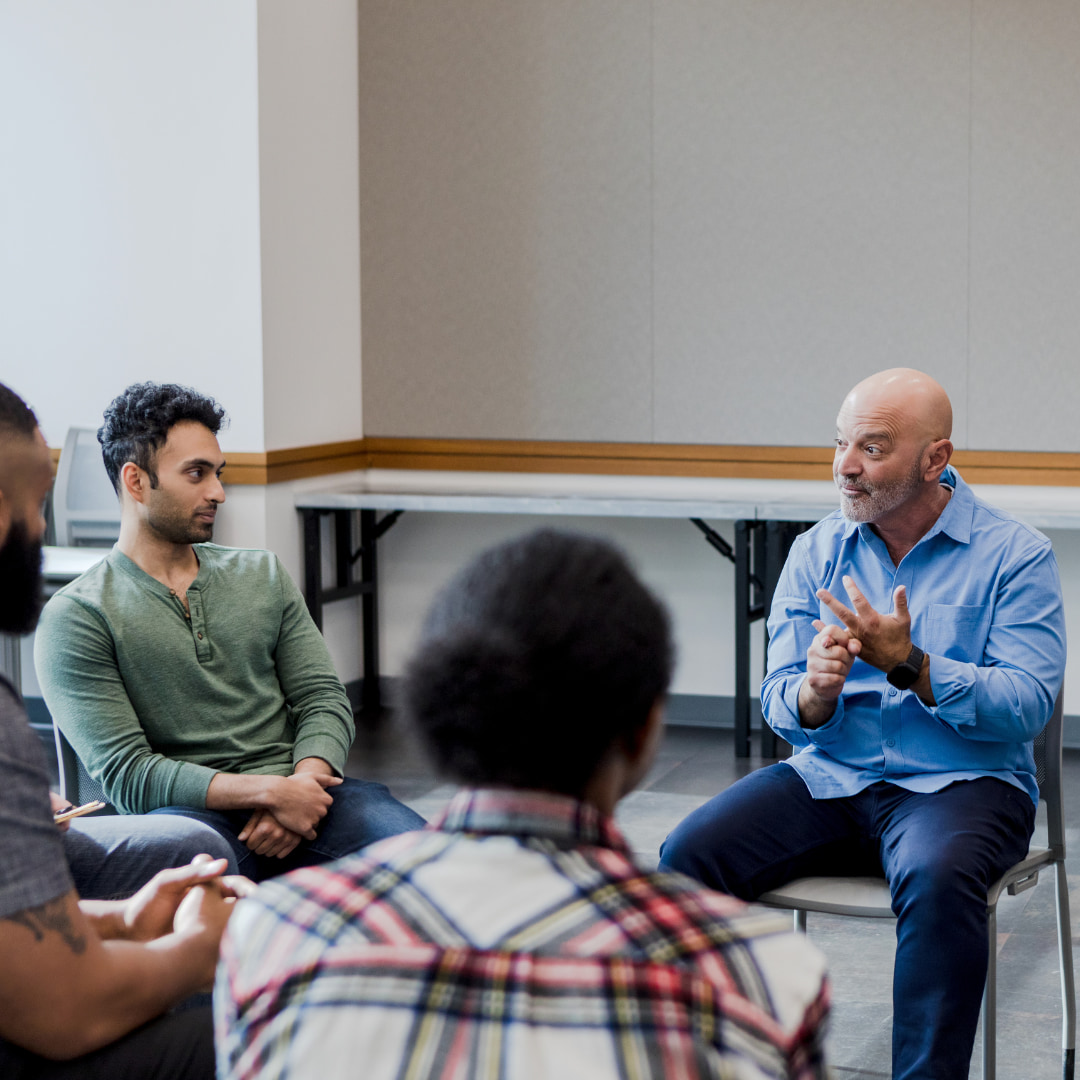Redlands, CA - Into The Light announced an outpatient stabilization program designed for men experiencing serious or complex mental health symptoms, including severe anxiety, depression, obsessive-compulsive disorder (OCD), post-traumatic stress disorder (PTSD), and bipolar disorders. The program provides intensive support without an overnight stay, combining psychiatric care, evidence-based therapy, and practical skills training in a coordinated plan that helps reduce symptoms while clients continue daily life at home.

Outpatient mental health stabilization serves a critical need for men and families who require more than weekly therapy yet do not need inpatient hospitalization. The model is appropriate for men whose symptoms are escalating, men stepping down from recent hospital or emergency department encounters, and men whose progress has stalled in standard outpatient care. By concentrating services in a short, structured window, the approach aims to restore safety, improve daily functioning, and build momentum for ongoing outpatient treatment.

The program delivers a predictable schedule with clear goals and frequent clinical touchpoints. Psychiatrists, therapists, and care coordinators operate as a single team, aligning medication management, psychotherapy, and skills groups so clients practice what they learn in real time. Progress is tracked weekly through measurement-based care, which informs timely adjustments to treatment plans and gives clients and families a transparent sense of improvement.
“Many families are looking for something between weekly therapy and the hospital,” said Ronald Honn, Program Administrator at Into The Light. “Outpatient stabilization provides that missing layer. It brings psychiatry, therapy, and skills training together in a focused plan so men can get control of severe symptoms while staying connected to work, school, and home. The structure is clear, the goals are measurable, and support is close at hand.”
Program pillars include:
- Structured plan with clear milestones. A defined start, weekly objectives, and measurable outcomes reduce uncertainty and support engagement.
- Medication support. Psychiatric evaluation and careful medication adjustments address sleep, mood stability, intrusive thoughts, and other acute symptoms.
- Skills training. Cognitive behavioral and dialectical behavior tools target anxiety, rumination, mood swings, and stress, with home practice plans to reinforce gains.
- Safety planning. Practical steps for difficult days, crisis response instructions, and coordination with external providers when needed.
- Family involvement. Coaching and education help partners and relatives set boundaries, recognize warning signs, and support therapy goals at home.
- Step-up and step-down flexibility. Visit frequency and intensity adjust to clinical need, preserving momentum as symptoms improve and clients transition to ongoing outpatient care.
- Measurement-based care. Routine symptom scores, sleep and functioning check-ins, and treatment dashboards guide decisions each week.
The program is designed for real-life logistics. Scheduling options support employment and caregiving responsibilities, and telehealth may be available for certain components when clinically appropriate. Men meet in a confidential, men-only setting, which can reduce barriers to participation and improve group cohesion. When specialized services are required, the team coordinates with primary care, specialty clinics, and community partners to maintain continuity.
In addition to core stabilization services, the team addresses common contributors to symptom spikes. Sleep routines, physical activation, and practical stress-management strategies are integrated into care plans. For clients with co-occurring substance use, the program offers craving management tools and close psychiatric oversight to improve safety and adherence. For OCD and trauma presentations, exposure-informed and grounding strategies are introduced with careful pacing and clinician coaching.
The goal is straightforward: bring severe symptoms under control, restore daily rhythms, and create a clear path forward in outpatient care. Once stability improves, clients transition to an individualized maintenance plan that may include standard outpatient therapy, psychiatry follow-up, skills groups, or alumni support. Discharge planning begins early, and follow-up appointments are scheduled in advance to reduce gaps in care.
Into The Light positions outpatient stabilization in Redlands as a practical alternative to hospitalization for many scenarios, while also serving as a structured bridge after an inpatient or emergency episode. The approach is intended to reduce avoidable readmissions, improve treatment adherence, and increase confidence for clients and families who have been navigating unpredictable symptoms.
About Into The Light
Into The Light is a men’s outpatient mental health provider serving the Inland Empire and surrounding communities. The organization treats complex presentations across anxiety disorders, mood disorders, OCD, PTSD, bipolar disorders, ADHD, and co-occurring conditions. Care combines psychiatry, evidence-based psychotherapy, and skills training within a men-only setting, with step-up and step-down flexibility that supports long-term stability in everyday life. More information is available at https://intothelightmh.com/.
Media Contact

Name
Into The Light
Contact name
Ronald Honn
Contact phone
(877) 446-8685
Contact address
101 E Redlands Blvd Suite 170E
City
Redlands
State
CA
Zip
92373
Country
USA
Url
https://intothelightmh.com/





